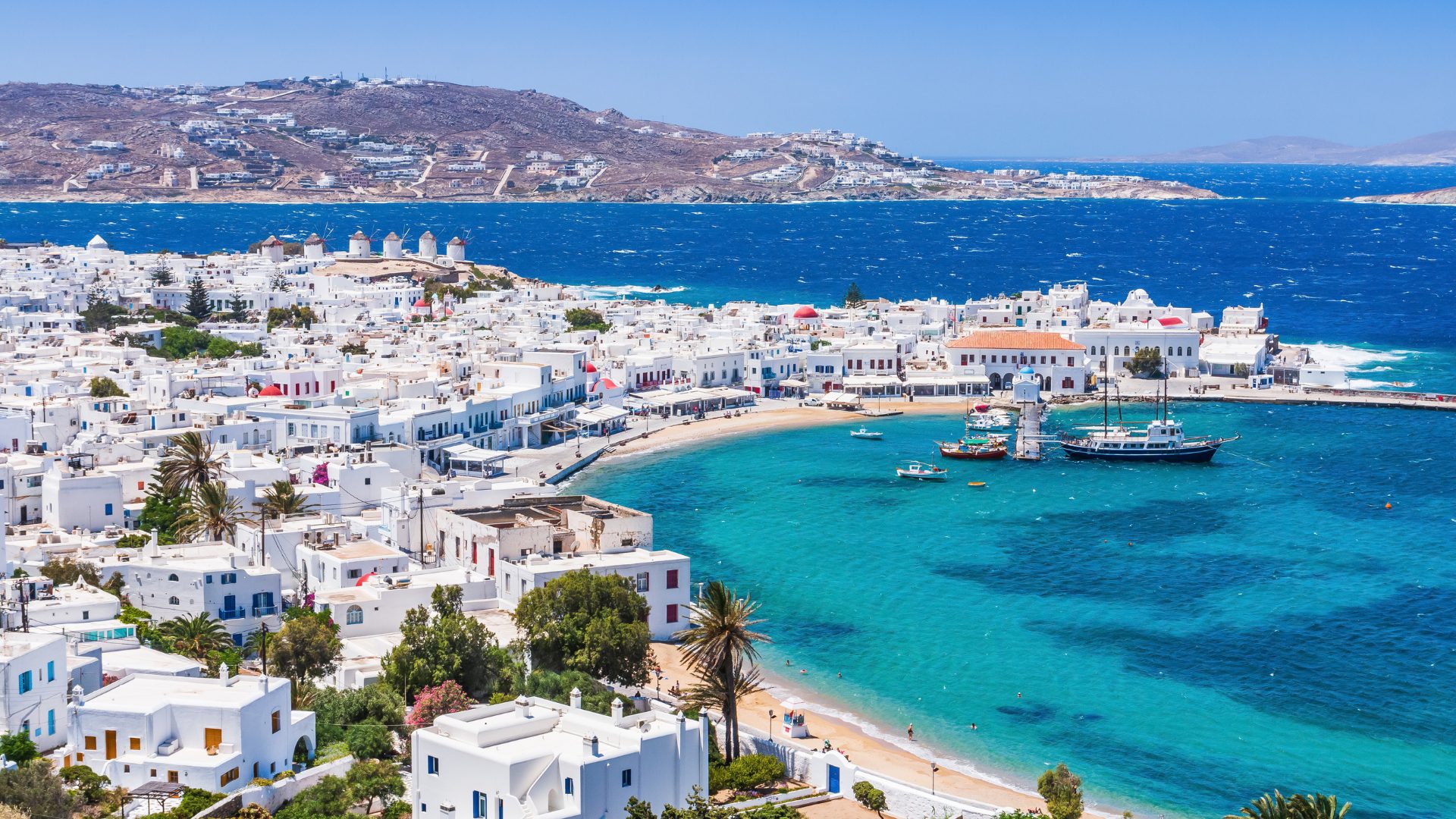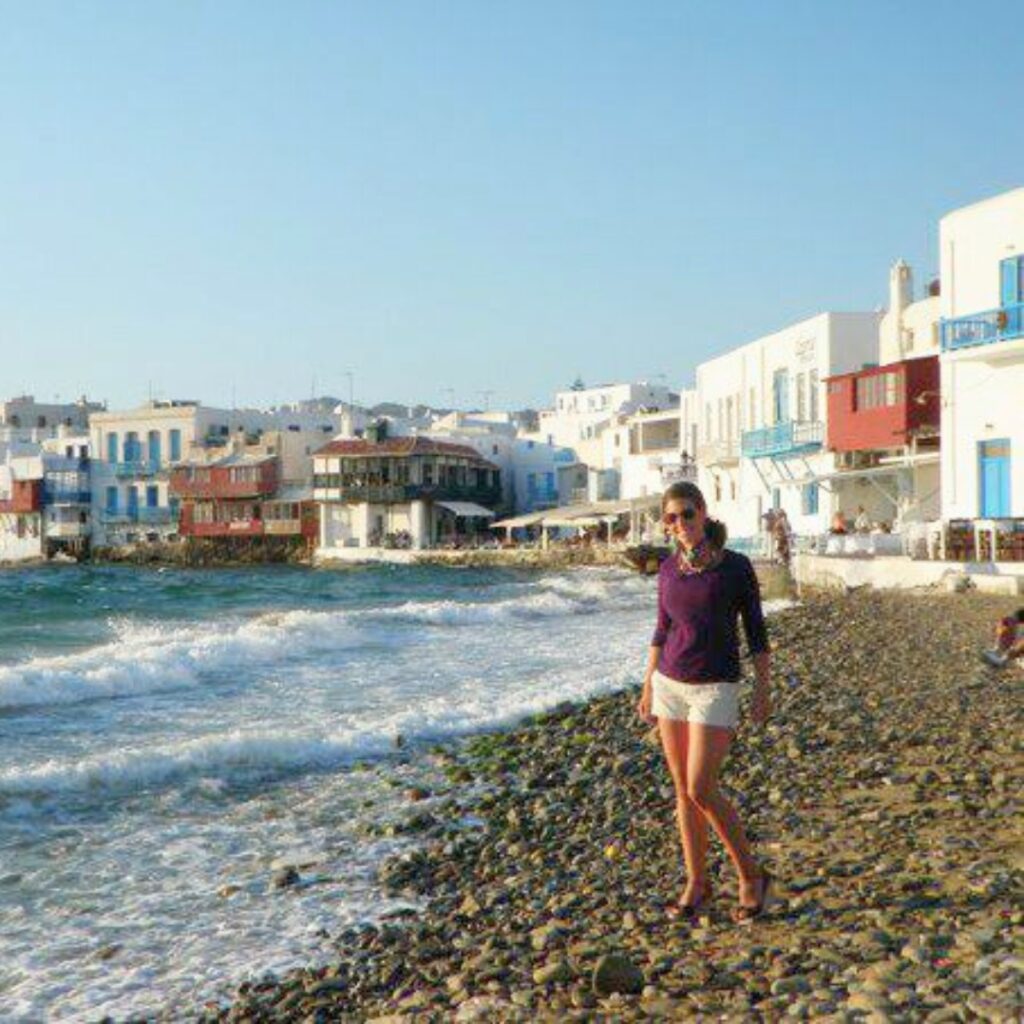Greece Frequently Ask Questions
What is the currency in Greece?
The currency in Greece is the Euro (€). Many places also accept credit cards, but it’s always a good idea to have some local currency on hand for smaller purchases.
Do I need a visa to travel to Greece?
If you are a citizen of the European Union or countries such as the United States, Canada, Australia, and New Zealand, you do not need a visa to travel to Greece for stays up to 90 days. However, please check with your country’s embassy for current visa requirements before traveling.
What is the best way to get around in Greece?
The most common ways to get around in Greece are by ferry, bus, or rental car. Ferries are the main mode of transportation between islands, while buses are a great option for traveling within the mainland.
Is Greece expensive to visit?
The cost of traveling to Greece can vary depending on your travel style and chosen accommodations. However, compared to other European destinations, Greece offers a relatively affordable experience. It’s always a good idea to research and budget for your trip accordingly.
Is English widely spoken in Greece?
Yes, English is widely spoken in Greece, especially in tourist areas. However, it’s always helpful to learn a few basic Greek phrases before your trip to show your appreciation for the local culture.
Is Greece safe for tourists?
Yes, Greece is generally very safe. Petty theft (like pickpocketing) can occur in crowded places like Athens or public transport, so stay alert.
What traditional Greek foods should I try?
Don’t miss:
Moussaka
Souvlaki and gyros
Spanakopita (spinach pie)
Greek salad with feta
Baklava and loukoumades for dessert
Pair meals with local wine or ouzo.
Will I have mobile service and internet access?
Yes. Greece has strong mobile coverage and Wi-Fi in most hotels, restaurants, and cafes. Consider getting a local SIM or eSIM for better rates.
What are the must-see historical sites?
Greece is rich in UNESCO World Heritage sites and ancient history.
Acropolis of Athens
Delphi ruins
Meteora monasteries
Knossos Palace (Crete)
Ancient Olympia
Should I rent a car in Greece?
Renting a car is a great way to explore mainland regions (like Peloponnese, Delphi, or Meteora) and larger islands like Crete. In Athens or Santorini, public transport and walking are easier.
When is the best time to visit Greece?
May to June and September to October are ideal: fewer crowds, mild weather, and open attractions.
July–August is peak season (hot, busy, festive).
Winter (Dec–Feb) is quiet but great for Athens and cultural travel.
What are the best islands to visit in Greece?
Top islands include:
Santorini – for romance and views
Mykonos – for nightlife
Crete – for history and beaches
Naxos & Paros – for laid-back beauty
Rhodes – for medieval architecture
Work with One of Our Travel Experts

Pick the Destination & Budget
The average person takes over 11 hours researching their vacation. Take that time back and let us handle the nitty gritty of reading reviews, asking questions, comparing hotels and more.

Review the BEST options
After a true deep dive into your requests, your travel agent will come back with a variety of suggested hotels, activities, and surprise experiences. You tell us which ones fit you best and we'll work through the logistics!

Receive All of the Details
You’ll be equipped with an itinerary complete with the details of your trip. If anything happens along the way, you can relax knowing your travel agent will take care of everything!
Hear it Directly From Our Satisfied Travelers!
EXCELLENTTrustindex verifies that the original source of the review is Google. Taylor was prompt, helpful, & available, if needed. She listened to our “wants” list & came up with a great trip to Curaçao.Posted onTrustindex verifies that the original source of the review is Google. Resort was better than expected! All accommodations were great. Would definitely use again. Thank you Taylor!Posted onTrustindex verifies that the original source of the review is Google. Cannot recommend The Travel Byrds (specifically Christina) enough! We decided to go to London and Edinburgh last minute and it would not have been possible with her. I will use her for every trip overseas from now on!!Posted onTrustindex verifies that the original source of the review is Google. Kika was great! She thoroughly helped in planning our trip and she made adjustments for us during the trip as needed! Would definitely recommendPosted onTrustindex verifies that the original source of the review is Google. Great experience! Karla was wonderful and we had an amazing time. She chose a vacation spot we would have never even known about without her. Highly recommend!Posted onTrustindex verifies that the original source of the review is Google. We had a fantastic experience working with The Travel Byrds travel agency! From start to finish, everything was handled efficiently and thoughtfully. Krista made sure we had dinner reservations at a variety of restaurants, provided plenty of detailed information about excursions, and ensured every part of our trip was well organized. We experienced zero travel issues during our stay, which made the entire vacation completely stress-free. This ended up being one of our best family vacations yet, and we truly appreciate the care and attention Krista put into every detail.Posted onTrustindex verifies that the original source of the review is Google. Maggie with The Travel Byrds was amazing! She took great care to make sure every step of our international vacation was perfect. She sent several emails explaining the currency and customs of each country. Including tipping protocols. She made sure all of our documents were current and ready to go. I cringed about downloading another app for this trip. No regrets!! We checked the app every morning and every night while out of the country. Our itinerary was clearly outlined and so easy to navigate. We actually looked forward to checking the outline every day. Our international return flight was cancelled. It was Maggie who notified us immediately! (Not the airline company, not the excursion company!). She secured a return flight back to the U.S. before the other companies let us know about the cancellation! Top notch service from start to finish. I am excited and calm about our next out of country trip in August 2026. I know she will be monitoring all aspects of that holiday break. Thank you, Maggie!Posted onTrustindex verifies that the original source of the review is Google. Excellent experience with this company and specifically with Haley. Organized an amazing NYE trip outside of the states quickly, cost effective and fun for the whole family. Will use again!Posted onTrustindex verifies that the original source of the review is Google. Maggie made it so easy planning our Honeymoon! She did all the hard work and we had the most relaxing vacation! She is the best!Verified by TrustindexTrustindex verified badge is the Universal Symbol of Trust. Only the greatest companies can get the verified badge who has a review score above 4.5, based on customer reviews over the past 12 months. Read more
Contact Our Greece Specialists to Plan Your Tailor-Made Trip!
Start your Greek adventure and see why this enchanting place captivates travelers from around the world.
Greece Travel Expert — Crafted by Those Who’ve Been There
Speak with a Greece specialist to plan your tailor-made escape. We’ve explored the islands ourselves, so every journey is crafted from real experience and designed around you.



Greece Travel Expert — Crafted by Those Who’ve Been There
Speak with a Greece specialist to plan your tailor-made escape. We’ve explored the islands ourselves, so every journey is crafted from real experience and designed around you.



